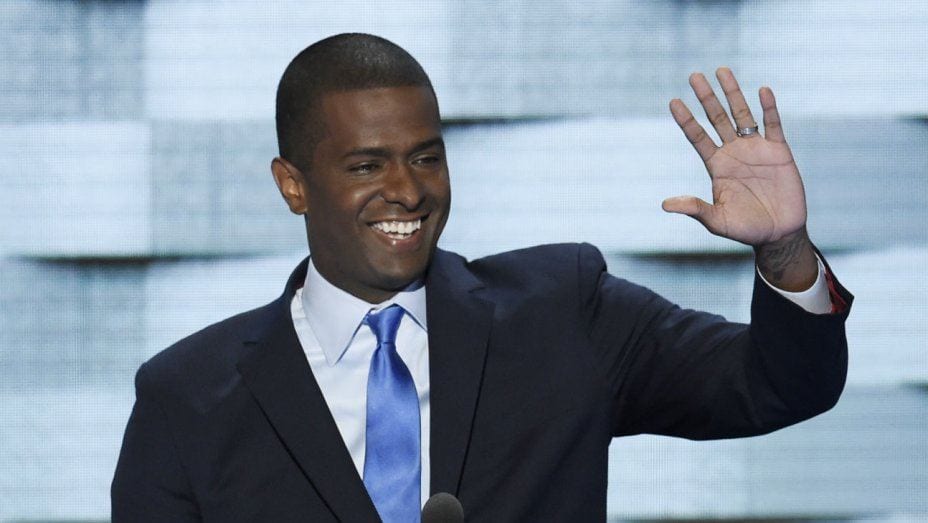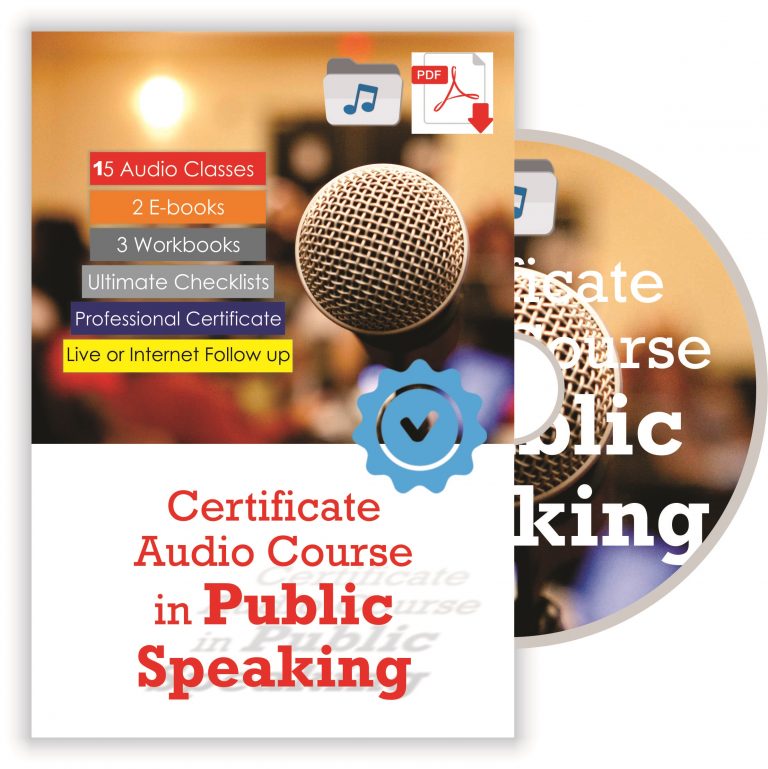Writing And Delivering A Powerful Political Speech: 17practical insights & ideas
Writing And Delivering A Powerful Political Speech
A political speech is a speech given by a politician or aspiring politician to a group of people with the aim of persuading them to support a specific political agenda or candidate. Political speeches often focus on issues such as public policy, current events, and the political climate.
Political speeches are different from other speeches in several ways.
First, they are often more persuasive and emotional in nature, as the speaker is trying to convince the audience to support their political views or take a specific action.
Second, political speeches often include rhetorical devices such as repetition, parallelism, and rhetorical questions to add emphasis and impact.
Third, political speeches often include a call to action, where the speaker asks the audience to support a specific candidate or policy.
Overall, a political speech is a specific type of speech that is designed to persuade an audience to support a particular political agenda or candidate.
It is different from other speeches in its focus, style, and use of persuasive techniques.
Writing And Delivering A Powerful Political Speech: 17practical insights & ideas
At The Fordax Public Speaking School, we serve a variety of clients from engineers, accountants, politicians, ministers, global leaders and virtually anyone and everyone who’s serious about mastering the art of public speaking and presentation.
6 mistakes to avoid when writing a political speech
- Not understanding your audience: It is important to understand the demographics, political beliefs, and concerns of your audience before you begin writing your speech. This will help you tailor your message to their specific needs and interests.
- Failing to identify your key message: Your speech should have a clear and concise message that your audience can understand within the first few minutes. Without a strong, focused message, your speech will lack direction and impact.
- Using weak, unemotional language: Political speeches are often emotional and persuasive, so it is important to use language that connects with your audience and evokes positive feelings. Avoid using jargon or technical language that may be difficult for your audience to understand.
- Not using stories or examples to illustrate your points: People are more likely to remember a story or example than a list of facts, so try to incorporate one or two compelling anecdotes into your speech. This will help make your message more relatable and memorable.
- Not using rhetorical devices to add emphasis and impact: Rhetorical devices such as repetition, parallelism, and rhetorical questions can add emphasis and impact to your speech. Use them effectively to make your points more powerful and persuasive.
- Not ending with a call to action: Your speech should have a strong conclusion that includes a call to action. Tell your audience what you want them to do and why it is important. This could be to vote for you, support a specific policy, or take some other action. Without a clear call to action, your speech may lack purpose and impact.
Watch testimonials of our public speaking classes in Nigeria.
Struggling with stage fright? Watch this now.
How to write political speeches
Writing a political speech can be a challenging task, but it can also be an exciting and rewarding experience.
Here are some tips to help you get started:
- Start by understanding your audience. Consider their demographics, political beliefs, and concerns. This will help you tailor your speech to their specific needs and interests.
- Identify your key message and make sure it is clear and concise. Your audience should be able to understand your message within the first few minutes of your speech.
- Use strong, emotional language to connect with your audience. Emotions can be a powerful tool in persuading people, so try to use words and phrases that evoke positive feelings.
- Tell a story to illustrate your point. People are more likely to remember a story than a list of facts, so try to incorporate one or two compelling anecdotes into your speech.
- Use rhetorical devices to add emphasis and impact to your speech. Examples include repetition, parallelism, and rhetorical questions.
- End your speech with a call to action. Tell your audience what you want them to do and why it is important. This could be to vote for you, support a specific policy, or take some other action.
If you’d like to get very good at public speaking and presentation skills, join the Fordax public speaking school program. We offer both basic, advantaged, group and private session programs. Call 07035957197 for inquiries.
How to deliver political presentation
Delivering a political presentation can be a challenging task, but it can also be an exciting and rewarding experience.
Here are some tips to help you deliver a successful presentation:
- Practice, practice, practice: Before you give your presentation, practice it several times to become comfortable with the material and to identify any potential issues. This will also help you develop a strong delivery style and build confidence.
Are you looking for a place to constantly practice your presentation? We have private coaches and we also have a public speaking club in Abuja where you can everything you need for proper practice and feedback.
Learn about the Fordax public speaking club here.
Looking for private session coaching? Chat on WhatsApp to get a coach.
- Engage with your audience: Make eye contact with your audience, use gestures and body language to emphasize your points, and ask questions to engage them in the presentation. This will help make your presentation more dynamic and interactive.
- Use visual aids: Visual aids such as slides, images, and videos can help make your presentation more engaging and memorable. Use them effectively to illustrate your points and to add interest to your presentation.
- Be prepared for questions: Your audience may have questions after your presentation, so be prepared to answer them. Listen carefully to the question, take a moment to think about your response, and then provide a clear and concise answer.
- End with a call to action: Your presentation should have a strong conclusion that includes a call to action. Tell your audience what you want them to do and why it is important. This could be to vote for you, support a specific policy, or take some other action.
Overall, the key to Writing And Delivering A Powerful Political Speech is to be well-prepared, engaging, and confident.
If you need help with implementing everything we talked about here, your best decision would be to contact the Fordax Public Speaking Abuja.
We at Fordax, can help you to get started with EVERYTHING you need to become a master communicator.
Fordax, Toastmasters Or Dale Carnegie In Nigeria? 3 Best training companies in Nigeria








